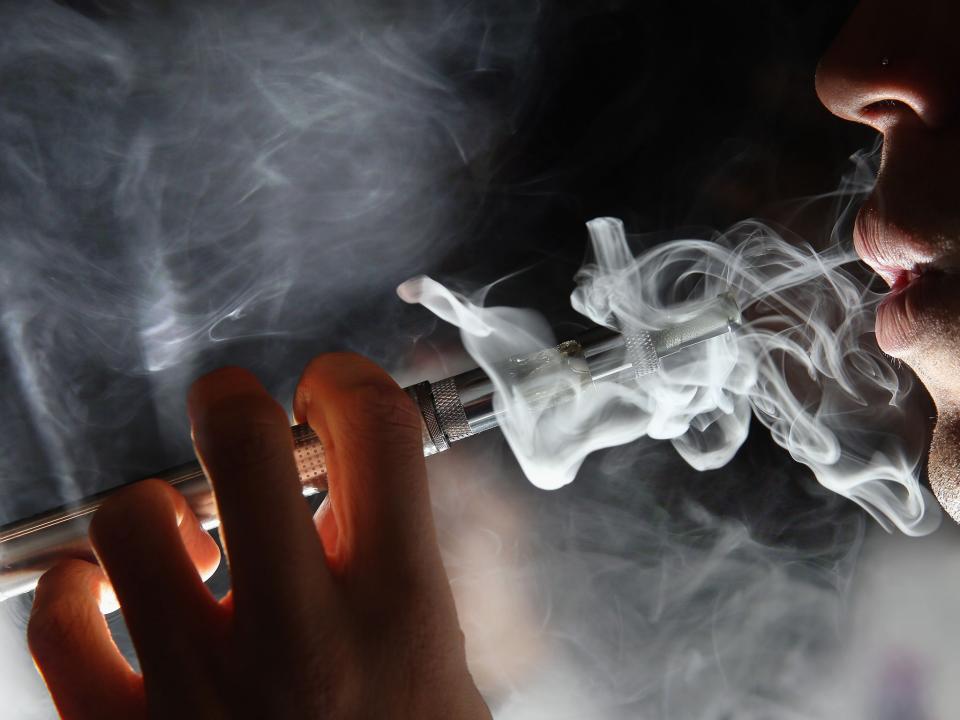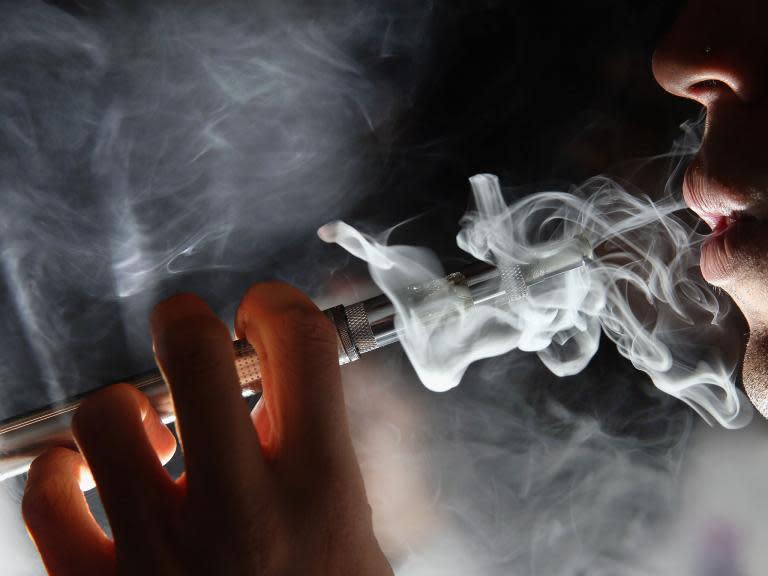FDA bans menthol cigarettes amid major crackdown on flavoured e-cigarettes
US authorities have announced an extensive crackdown on flavoured electronic cigarettes and menthol regular cigarettes aiming to prevent a new generation of nicotine addicts.
In an attempt to curb teenagers away from smoking, the US Food and Drug Administration (FDA) announced it will ban menthol cigarettes and flavoured cigars, and restrict the sales of sweet-flavoured e-cigarettes in stores and online.
Originally, the agency threatened to ban flavoured e-cigarettes altogether, but opted to allow sales at age-restricted retail stores and online sellers that use age-verification.
In other words, the new restrictions mean that in non-age restricted retailers—like convenience stores—only tobacco, mint and menthol e-cigarettes can be sold.
The ban on menthol cigarettes and flavoured cigars, considered to be “the most aggressive action” the agency has taken against the tobacco industry within the last 10 years, will take a bit longer—about two years—to go into effect. The ban could be a devastating blow to tobacco sales considering that menthol cigarettes make up about 35 per cent of cigarette sales in the US.
The recent FDA crackdowns are intended to make a significant positive impact on public health. Menthol cigarettes are reportedly are more enticing to young smokers, and researchers have concluded that they are difficult to quit smoking compared to regular cigarettes. Also, menthol cigarettes are heavily marketed to African-Americans, resulting in about four out of five black smokers opting for them.
The aftermath is quite devastating: Approximately, 45,000 African-Americans die annually from smoking-related illnesses, which are documented as the “largest cause of preventable death” ahead of murder, AIDS, and car crashes. When it comes to lung cancer, black men also have the highest death rate compared to any demographic group.
“I believe these menthol-flavoured products represent one of the most common and pernicious routes by which kids initiate on combustible cigarettes,” FDA Commissioner Scott Gottlieb said in a statement. “Moreover, I believe that menthol products disproportionately and adversely affect underserved communities.”
Recently, e-cigarettes—which many innocently believe to be less detrimental than traditional cigarettes—increased in popularity among US teens. The US Centre for Disease Control and Prevention and the FDA released data on Thursday showing a 78 per cent increase of e-cigarette usage among high school students in the last 30 days compared to the previous year. The data also reveal that about 20 per cent American high school students—or more than 3 million teenagers—and 570,000 middle school students use flavoured e-cigarettes.
“I will not allow a generation of children to become addicted to nicotine through e-cigarettes,” Mr Gottlieb said.
JUUL—a manufacturer of flavoured e-cigarettes—is considered to be the most popular brand among teen users, something that the company said it never intended to become.
“Our intent was never to have youth use JUUL,” Kevin Burns, the company’s CEO, said in a Tuesday statement, before outlining JUUL’s plan in “eliminating our own social media accounts and continuing to monitor and remove inappropriate material from third-party accounts.”
On Tuesday, after speculations that the FDA will be investigating e-cigarette manufacturers and review their marketing practices, JUUL announced it will hall all retail sales of their products and delete their social media accounts.
JUUL is also a frequent trending topic on social media sites and often been the subject of viral memes. On Twitter, for example, teens partake in several threads sharing their favourite JUUL pod flavours and vaping tips.
“To remove ourselves entirely from participation in the social conversation, we have decided to shut down our U.S.-based social media accounts on Facebook and Instagram,” Mr Burns added. “Our presence on Twitter will be confined to non-promotional communications only.”

 Yahoo News
Yahoo News 

